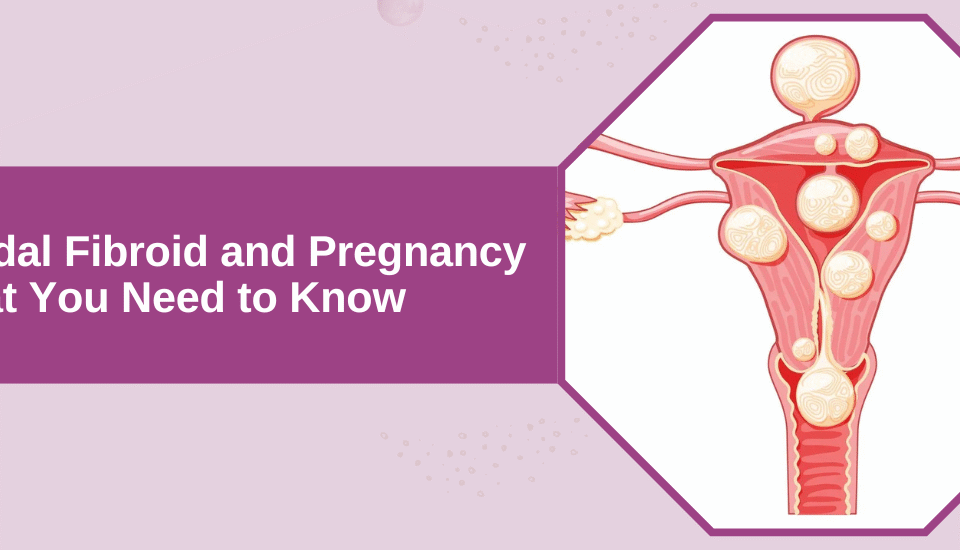- Have any questions?
- +91-98717 17305
- babiesandus12@gmail.com
Does Sabja Seeds Cause Infertility? Here’s What Science Says

10 Days After IUI Symptoms: What’s Normal and What’s Not
June 17, 2025
HCG Levels 15 Days After Embryo Transfer: Key Insights, Ranges, and Guidance
July 18, 2025
Infertility is becoming a major issue among couples globally, both for men and women of all ages. The Indian Society of Assisted Reproduction estimates that as many as 10–15% of married couples in India are facing fertility problems. With greater awareness about health and fitness, many today are wondering if diet and lifestyle contribute to infertility. Among the many food-related concerns being discussed, one question that often comes up is: Does sabja seeds cause infertility? These small seeds, popular for their cooling and digestion properties, have in recent times become the subject of online myths regarding fertility, which has left would-be parents confused.
At Babies & Us IVF Centre in Mumbai, our experts are often posed questions related to nutritional issues. “We realise the stress that accompanies infertility, and we’re here to clarify, not only to treat,” says Dr. Hrishikesh Pai, an acclaimed fertility specialist and IVF doctor in Mumbai, India. Supported by world-class technology and led by a panel of experienced experts, Babies & Us provides holistic yet advanced fertility solutions.
Let’s delve into the truth about sabja seeds and what science has to say.
What Are Sabja Seeds? A Quick Nutritional Overview

Sabja seeds—also known as basil seeds or tukmaria—come from the sweet basil plant (Ocimum basilicum). These tiny black seeds have been a staple in Ayurvedic medicine and Southeast Asian cuisine for centuries. They are renowned for their cooling effect and are usually mixed with beverages such as falooda or lemonade to cool off during summer.
Nutritionally, sabja seeds pack quite a punch. They’re rich in fiber, omega-3 fatty acids, protein, and a range of essential minerals like calcium, magnesium, and iron. One tablespoon of sabja seeds has around 60 calories but is rich in up to 7 grams of fiber, which makes them an ideal choice for digestion and satiety.
“Sabja seeds have a range of health advantages, but as with any food, context and amount are important,” says Dr. Pai.
Worried about how your diet might affect your fertility? Talk to a specialist for a personalized consultation that clears the confusion.
Wondering how did the infertility rumors surrounding sabja seeds even arise? Let’s explore the beginning of this popular myth and uncover the truth behind it.
The Origin of the Fertility Myth
Many dietary myths originate from half-truths or misconstrued ancient customs. For sabja seeds, the myth of causing infertility probably arose due to their cooling effect on the body. In Ayurvedic culture, foods that had “cooling” qualities were occasionally associated with diminished libido or reproductive sluggishness.
Some also associate sabja seeds with contraceptive properties due to their resemblance to chia seeds, which have been explored in rare cases in traditional remedies. However, no credible scientific studies support the idea that sabja seeds affect sperm count, ovulation, or reproductive hormone levels.
In fact, these assumptions are just assumptions. The internet is a breeding ground for health myths: unless they are backed by peer-reviewed research, take them with a grain of salt.
Still skeptical about what science actually has to say on sabja seeds and fertility? Let’s take a look at the latest research findings and put things straight.
What Does Research Say About Sabja Seeds and Fertility?

In spite of myths, no scientific studies have associated sabja seeds with male or female infertility. On the contrary, most of the available studies emphasize the health benefits of sabja seeds—specifically their weight management, blood glucose level regulation, and role in digestive health.
A few animal studies have tested the antioxidant effects of sabja seeds, which imply possible benefits in protecting against oxidative stress —a well-documented cause of fertility problems. However, none of these studies was conducted with a focus on reproductive hormones or fertility.
A 2020 review in the Journal of Food Biochemistry concluded that basil seeds might exert anti-inflammatory, antibacterial, and antidiabetic activities. None of these effects are linked with detrimental effects on fertility.
“Our recommendation is always to base decisions on credible research, not internet hearsay,” advises Dr. Hrishikesh Pai, an ace infertility specialist in Mumbai.
Could those tiny seeds be doing more good than bad for your reproductive health? Let’s take a look at how sabja seeds can aid fertility.
Can Sabja Seeds Support Fertility?

While sabja seeds aren’t a miracle food, they do offer several indirect benefits that can support reproductive health:
- Rich in omega-3 fatty acids: These help regulate hormonal balance and reduce inflammation, both essential for fertility.
- High in fiber: Fiber supports gut health and blood sugar control, which in turn stabilizes reproductive hormone levels.
- Blood sugar regulation: For women with PCOS (a leading cause of infertility), stable insulin levels are critical.
Additionally, sabja seeds may help with weight management, which plays a significant role in fertility. Being either underweight or overweight can disrupt ovulation, making conception more difficult.
So, while sabja seeds aren’t a fertility treatment, including them in a balanced diet may contribute positively to overall reproductive health.
Now, let’s discuss who might need to be cautious with sabja seed consumption.
Who Should Avoid or Limit Sabja Seeds?
While they’re packed with nutrients, sabja seeds may not be ideal for everyone. Here are some groups who should consider avoiding or limiting intake:
- Pregnant women – There’s limited research on sabja seeds during pregnancy, so consult your doctor before use.
- Individuals with low blood pressure – Sabja seeds exert a mild hypotensive action.
- Individuals with bleeding disorders – Because of their ability to thin the blood.
- Individuals on blood-thinning drugs – Such as aspirin or warfarin.
- Children below the age of 5 years – The seeds will swell up and can be a choking hazard.
- Individuals with sensitive digestion – Sabja seeds can cause bloating or discomfort in sensitive stomachs.
- Individuals allergic to basil or other herbs – Cross-reaction is unlikely but possible.
- Anyone scheduled for surgery – It’s recommended to discontinue sabja seed consumption a few weeks before due to possible blood-thinning effects.
As with all superfoods, moderation and context are key. It’s best to consult with a healthcare provider if you have any underlying conditions.
Final Verdict – Do Sabja Seeds Cause Infertility?
Where online rumors float about, scientific fact reveals that sabja seeds cannot cause infertility. In fact, they provide nutrition that can potentially benefit reproductive well-being when eaten in moderation. Dr. Hrishikesh Pai shares, “We recommend our patients to be on a balanced, anti-inflammatory diet that will support hormone health, and sabja seeds can be a part of it.”
At Babies & Us IVF Centre, we offer customized fertility care with a blend of holistic and medical precision. Whether you are beginning your fertility journey or seeking cutting-edge treatments, our experts are here to provide advice based on facts.
According to a WHO report, one in six people worldwide experience infertility. By debunking myths and focusing on science-backed lifestyle changes, you can take meaningful steps toward your fertility goals.
Every fertility journey is unique and deserves expert attention. Connect with a seasoned specialist to begin yours with confidence.
Frequently Asked Questions
1. Are sabja seeds safe to eat while trying to conceive?
Yes, they are safe when eaten in moderation as part of a balanced, fertility-supportive diet.
2. Do sabja seeds reduce sperm count?
No studies have shown that sabja seeds have a negative impact on sperm count or male fertility.
3. Are sabja seeds good for PCOS?
Yes, their fiber and blood sugar-regulating properties can be beneficial for managing PCOS symptoms.
4. Can sabja seeds help with weight loss during fertility treatment?
Yes, their high fiber content promotes satiety and may aid in healthy weight management, which is essential for fertility.
5. Are there side effects of sabja seeds?
Potential side effects are bloating, low blood pressure, and interaction with blood thinners when taken excessively.
6. Are sabja seeds safe to take during pregnancy?
They are generally considered safe, but due to limited research, it’s best to consult a healthcare provider.
7. Are sabja seeds the same as chia seeds in fertility effects?
They’re nutritionally similar, and both offer benefits such as fiber, antioxidants, and omega-3 fatty acids that support overall health.
Reference links:
https://www.femmenest.com/blog/unveiling-the-truth-do-sabja-seeds-really-cause-infertility.php
https://www.healthline.com/nutrition/basil-seeds
Disclaimer: The information shared in this content is for educational purposes and not for promotional use.




